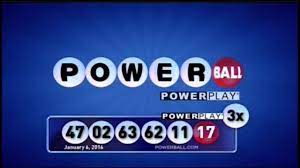Lotteries have been a part of human culture for centuries, lottery offering a tantalizing promise of sudden wealth and a life transformed. From ancient China to modern-day Powerball, these games of chance have captured the imaginations of people worldwide. In this article, we will explore the history, mechanics, and the impact of lotteries on individuals and society.
A Brief History
The roots of the lottery can be traced back to ancient civilizations. The Chinese Han Dynasty used a form of lottery to fund government projects like the construction of the Great Wall. In Europe, lotteries were popular in the 15th and 16th centuries, often organized by governments to raise funds for public works or wars. However, these lotteries were not without controversy, as some were plagued by fraud and corruption.
Lotteries in the Modern Era
Fast forward to the present, and lotteries have evolved into a global phenomenon. State and national lotteries are widespread, with games ranging from simple scratch-offs to complex multi-state draws. The allure of winning enormous sums with a relatively small investment continues to attract millions of participants.
Mechanics of Lotteries
Lotteries typically involve participants purchasing tickets with randomly assigned numbers. The winning combination is then drawn through a randomized process, often involving numbered balls or computer algorithms. Prizes are distributed based on matching numbers on the ticket with the drawn numbers. The odds of winning vary widely depending on the lottery format, with larger jackpots usually having significantly lower chances of winning.

